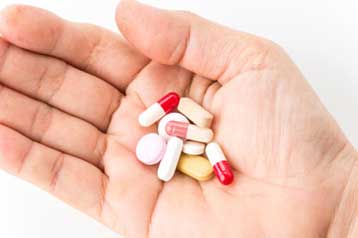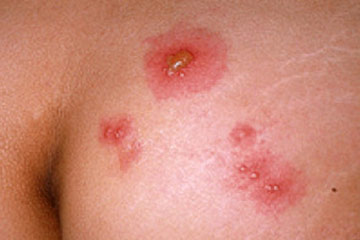Sexually Transmitted Diseases Treatment Guidelines, 2010
Summary
These guidelines for the treatment of persons who have or are at risk for sexually transmitted diseases (STDs) were updated by CDC after consultation with a group of professionals knowledgeable in the field of STDs who met in Atlanta on April 18–30, 2009.
The information in this report updates the 2006 Guidelines for Treatment of Sexually Transmitted Diseases (MMWR 2006;55[No. RR–11]).
Included in these updated guidelines is new information regarding:
1) The expanded diagnostic evaluation for cervicitis and trichomoniasis;
2) New treatment recommendations for bacterial vaginosis and genital warts;
3) The clinical efficacy of azithromycin for chlamydial infections in pregnancy;
4) The role of Mycoplasma genitalium and trichomoniasis in urethritis/cervicitis and treatment-related implications;
5) Lymphogranuloma venereum proctocolitis among men who have sex with men;
6) The criteria for spinal fluid examination to evaluate for neurosyphilis;
7) The emergence of azithromycin-resistant Treponema pallidum;
8) The increasing prevalence of antimicrobial-resistant Neisseria gonorrhoeae;
9) The sexual transmission of hepatitis C;
10) Diagnostic evaluation after sexual assault; and
11) STD prevention approaches.
Prepared byKimberly A. Workowski, MD1,2
Stuart Berman, MD1
1Division of STD Prevention
National Center for HIV/AIDS, Viral Hepatitis, STD, and TB Prevention
2Emory University, Atlanta, Georgia
Sexually Transmitted Diseases Treatment Guidelines, 2010 (Download  )
)
Update to CDC's Sexually Transmitted Diseases Treatment Guidelines, 2010: Oral Cephalosporins No Longer a Recommended Treatment for Gonococcal Infections
Source
2010 STD Treatment Guidelines
Centers for Disease Control and Prevention






